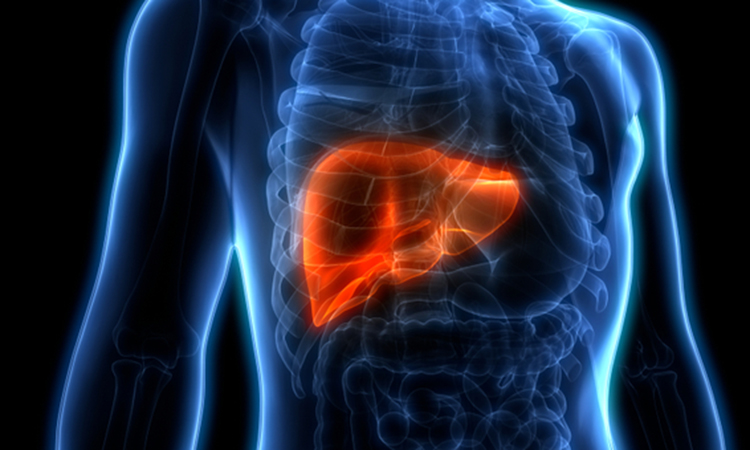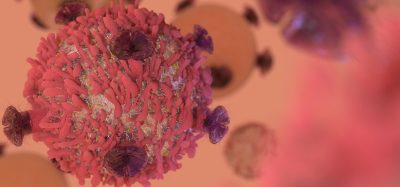Protein inhibitor could be new treatment for liver cancer
Posted: 8 November 2022 | Izzy Wood (Drug Target Review) | No comments yet
US scientists have found strong evidence for testing VCU-manufactured drugs in liver cancer.

In a new study, researchers at Virginia Commonwealth University Massey Cancer Centre (VMC), US, have established rationale for using a class of drugs known as MDA-9 inhibitors, demonstrating their potential as a treatment option for aggressive liver cancer. The findings, recently published in Hepatology, pave the way for future studies investigating novel cancer drugs.
Melanoma differentiation associated gene-9 (MDA-9) is a tumour-driving protein that is overexpressed in many invasive cancers and promotes rapid cell growth and advanced disease.
Previous research from VMC indicated that MDA-9 stimulates a generation of new blood vessels and provides a supportive environment for tumour cells to survive, grow and spread.
However, the role of MDA-9 in hepatocellular carcinoma (HCC), the most common form of liver cancer, has remained relatively unknown. The scientists at VMC set out to understand more about this protein’s function in liver cancer.
“Our study confirms that MDA-9 plays an important role in the rapid progression of liver cancer and it establishes the rationale that MDA-9 inhibition — either alone or in combination with other therapeutics — might be an effective treatment approach for HCC,” said Dr Devanand Sarkar, associate director for research training and education and member of the Cancer Biology research programme at VMC.
HCC is characterised by the chronic inflammation of liver cells often instigated by a variety risk factors; Sarkar and his team determined that MDA-9 does not directly contribute to cancer growth, but instead activates a specialised type of cell called macrophages that initiate a sequence of cellular reactions that lead to inflammation.
“Collectively, this study combined with previous research findings establishes MDA-9 as a key activator of tumour-driving inflammation,” Sarkar added.
Additionally, the researchers identified a signalling pathway; they found that ILK, that plays a significant role in facilitating the development of liver cancer associated with MDA-9. Further research is planned to test the use of an MDA-9 inhibitor called PDZ1i in HCC cells.
Related topics
Drug Development, Immuno-oncology, Oncology, Targets, Therapeutics
Related conditions
hepatocellular carcinoma (HCC), Liver cancer
Related organisations
Virginia Commonwealth University Massey Cancer Center
Related people
Dr Devanand Sarkar







